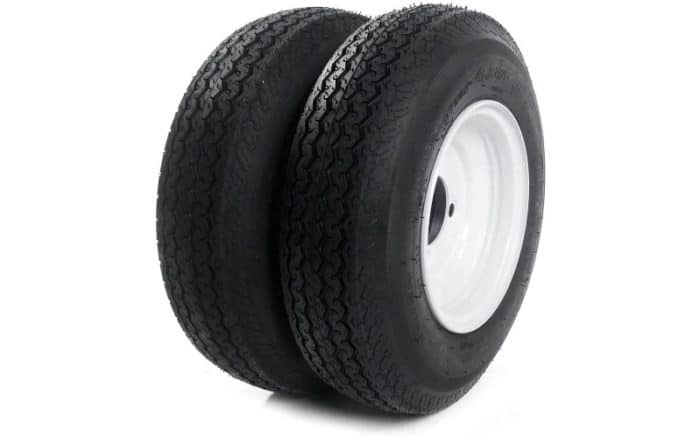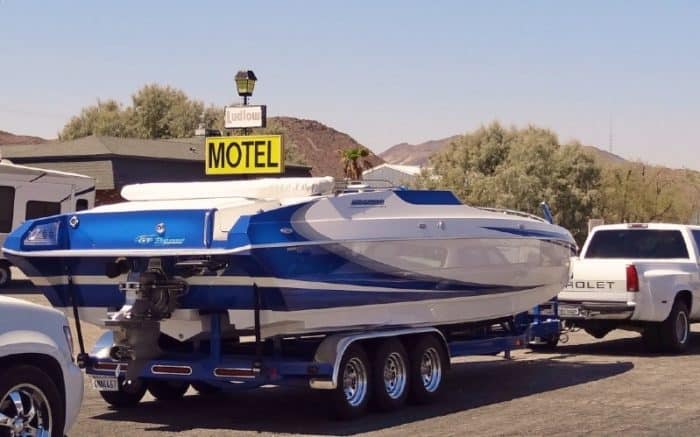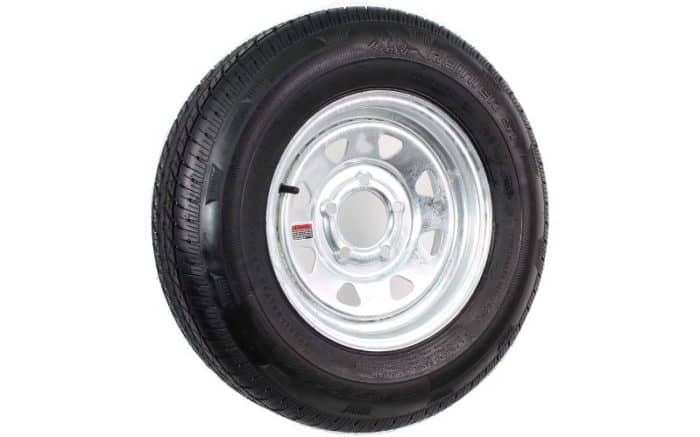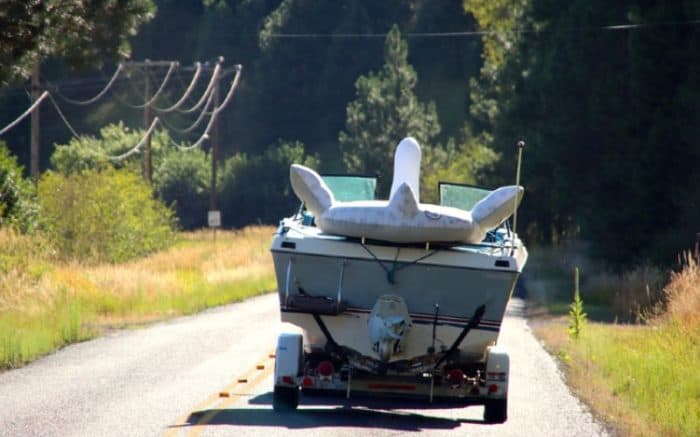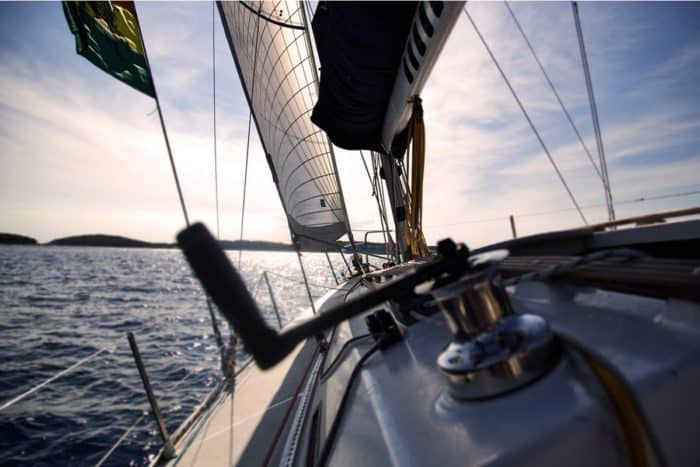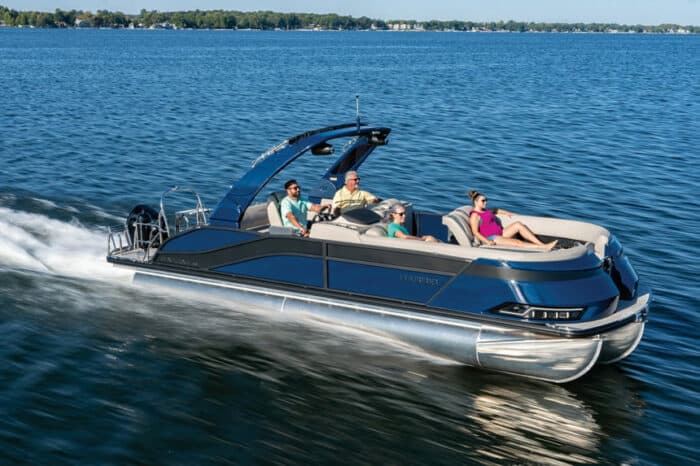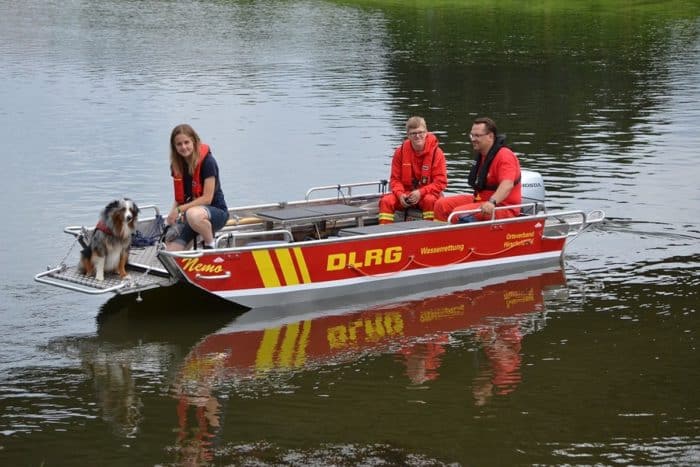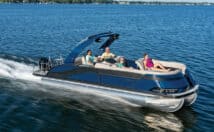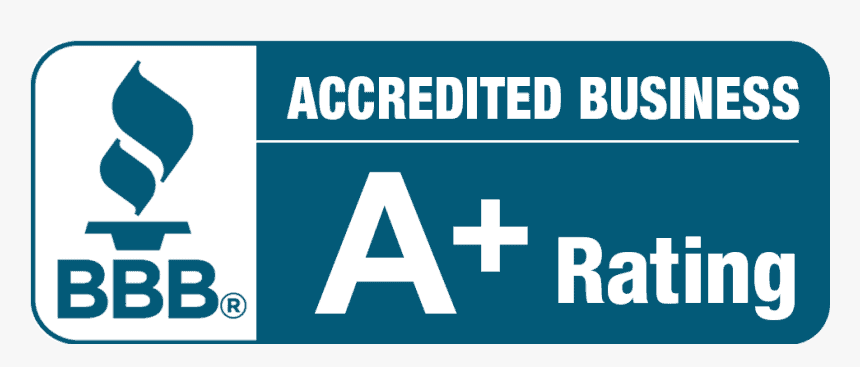Boat Trailer Tire Pressure: What You Need to Know
So it’s that time of year again and you’re ready to get the boat up on a trailer and haul it down to the water. Whether you’re boating for fun, to get in some fishing, or just relaxing on the water, you need to make sure you can get there safely. Securing it in place on the trailer is all well and good, but are you sure your trailer is ready for the long haul?
Too often there’s one part of that pre-drive checklist we forget. You can make sure the boat is secure, the trailer hitch is secure, and all the lights and so on are working. But what about the tires? You need to check the pressure in your boat trailer tires, especially if this is your first time heading out for the season. It’s easily forgotten, but having poor tire pressure in your boat trailer tires can lead to a number of problems when hauling your boat.
The Ideal Boat Trailer Tire Pressure
Tire pressure will vary from one trailer tire size to another. That said, for boat trailers you are probably looking at tire air pressure that is somewhere between 50 psi and 65 psi. You’ll notice that’s considerably higher than the pressure in your truck tires. Passenger vehicle tires tend to be around 32 psi.
The tires on your trailer have to endure a heck of a lot on their trip. A boat can weigh thousands of pounds and that would be putting a lot of strain on tires even if they were parked. But with the added stress of driving and the friction created, things become even more potentially damaging. Not to mention bumps or variations in the road that can cause stress as well. For that reason, you always want to inflate your tires to the maximum recommended pressure.
Checking the Recommended Boat Tire Pressure
If you don’t know the correct tire pressure recommended for your trailer tires, don’t worry. This should be listed right there on the side of the tire. You’ll see something along the lines of “Max. load” and then a number followed by PSI. That number is what you want the tires inflated to.
All new boat trailers should have a VIN sticker located on the frame. This will tell you the max capacity of your trailer tires as well as the load capacity of the trailer as well. It’s really important to check this stick on used trailers. Used trailers may look great and they can be a good value, but the tires may be wrong. A lot of owners will end up swapping tires over the years and the trailer may have ended up with the wrong tires equipped, so compare what is actually on the trailer to what’s on the VIN sticker to make sure they match.
If there is no sticker, check out the manufacturer of the trailer and see if you can look it up online. You may need to actually call the manufacturer and check as well. If you can’t find any manufacturer information then you could be gambling on the trailer and tires with no information to go on. You may need new tires with a load rating that is clear so you know how much weight you can handle and the maximum pressure without worrying about it.
Tires can look like they’re well-inflated and still be quite far from their max capacity so you want to check them to be sure with a pressure gauge. You have to do this with cold tires to get an accurate reading. If you’ve been driving for a while the number will be off. This is because friction heats up the tire and will increase the pressure reading as a result. Make sure the tires have had a chance to cool down. Likewise, if your trailer has been parked in the hot sun for a while the numbers could be off by one or two PSI. Also, don’t forgot to check your spare tire.
Load Capacity for Boat Trailer Tires
That max load part of the notation is important. It will tell you that your trailer tires should be inflated to a certain level to haul a certain amount of weight. To calculate that weight, you need to include the weight of the boat you’re hauling plus the trailer itself. We can help you calculate that by checking out the math over here if you’re not sure. Failing that, you can head to a truck scale. This is the best way to get a fully accurate weight rating. It will include your trailer, your boat and all your gear in one. If your trailer is overloaded, you’ll be putting extra stress on those tires and they may not be able to handle it all.
Overloaded tire wears out much faster than they normally would. They also put you at greater risk of failure on the road. A bump or pothole than a tire handling a regular load could go over without incident might cause an overloaded tire to explode.
Load range is indicated by a letter that will be on the sidewall of your tire. You’re looking for B, C, D, or E. E is the heaviest load range and is less likely to be found on a boat trailer that you’re using to haul a personal boat. Also, B is on the lighter side and will likely not be a practical trailer tire for hauling a boat either. That means most trailer tires will be labeled as C or D.
C is a very common load range for most boat trailer tires and indicates that the tire can handle a load up to 1,820 pounds. You have two tires on an axle so, if you have a single axle trailer, then your tires are rated to handle a load up to 3,640 lbs. That doubles for double axle trailers. Remember, that number covers everything. That’s the weight of your trailer, the boat, your propane tanks, your gear and everything you have stacked on top of those tires.
D range tires can handle up to 2,540 lbs per tire at 65 psi or 5,080 per axle. And if you ended up with E range somehow they would handle up to 2,830 pounds or 5,660 at 80 psi per axle.
Is Too Much Tire Pressure Bad?
This happens sometimes with passenger car tires but people will do it to boat trailer tires as well. If the max capacity is 65, maybe they’ll go to 67 or more, just to ensure they’re fully inflated. This is not a good idea and will cause tire wear. Overinflated tires do not wear out evenly. The center of the tire begins to push out and that causes it to wear faster than the sides. As it wears down, one side will take the brunt of the road and the friction more than the other, further adding to imbalance. This will occur unevenly across all the tires.
The end result is that your tires will wear out much faster than normal and you’ll be spending more time and money replacing them. In addition, while you are using them, they’re going to offer a much rougher ride overall. The potential for something failing and causing an accident increases significantly.
Dangers of Too Little Tire Pressure
Just like an overinflated tire can be a danger, so too can an underinflated one. Tires are designed with balance in mind and that balance is achieved at optimal inflation. If you have less air than necessary the tire sags and more rubber is in contact with the road than is supposed to be. This ends up causing faster wear overall. Whatever the max towing capacity is of your trailer tires, it will go down for every PSI under the proper amount that they’re being used at. That means that, even if your trailer and boat are under the maximum capacity listed, you could still potentially have an overloaded trailer.
Because capacity can vary from tire to tire and based on how low the air in your tires could be, there is no reliable way to gauge how this works. That, in turn, means you won’t know just how overloaded your tires really are if they are underinflated. That could be very dangerous.
Friction Issues
More rubber on the road will cause greater friction across the whole tire. That friction make the tires overheat and becomes damaging in the long term and wears on the rubber. In a worst case scenario it can cause the entire tire to fail and blow out.
Handling Problems
The bigger your boat and trailer are, the more cautious you need to be in general when towing. You already know that maneuvering and braking can take more caution than normal. Underinflated tires make these aspects of towing even more difficult. Because the tires are overtaxed, if there is an emergency and you need to break or steer clear of something quickly, this can become both incredibly hard and incredibly dangerous. Even taking steep hills or sharp turns can become much harder for you.
Trailer Problems
Another problem most people don’t think about is how this affects your trailer as a whole. Underinflated tires put more of the burden of towing on the trailer itself, in particular the frame and axles. The suspension will also suffer because the whole trailer is not supported as it’s supposed to be, so you could potentially wear that out sooner as well.
Fuel Consumption
These days this is the one that is really going to hit you where it hurts. Underinflated tires make hauling your trailer harder. Your tow vehicle needs to work harder and burn more fuel to get worse results. That means you’re wasting money on fuel to get where you’re going. It’s because underinflated tires create more resistance on the road. Instead of just towing like you should be, you’re devoting energy to dragging.
The Bottom Line
Before the start of every season, make sure you’re checking not just things like your trailer guides but the tires thoroughly. Look for any cracks or signs of wear. Tire covers can help prevent this when not in use. Make sure the treads are still good and the lugs and other parts of the tire are secure and free from excessive corrosion or wear. Check that tire pressure and make sure it’s balanced across all the tires. Remember, keep it to the highest level recommended for the best possible ride. Well maintained boat trailer tires can make your boating experience much better. As always, stay safe and have fun.
Categories: Boats
